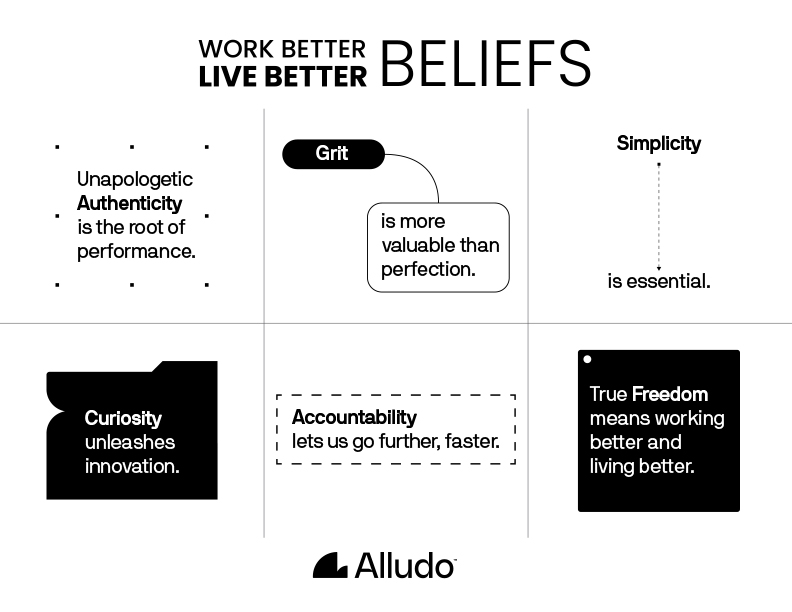Did you know that up to 20% of the global population is neurodivergent? That means they perceive and interact with the world differently than the neurotypical majority, and have one or more neurological differences that may include ADHD, Autism Spectrum Disorder, Dyslexia, Dyspraxia, and others.
While many of these individuals face challenges when it comes to things like social interaction and organization, these obstacles are outweighed by the incredible strengths they bring to the table. When given the space and psychological safety to thrive, neurodivergent people can significantly enrich an organization’s capacity for innovation and problem solving and can help challenge the status quo.
Based on feedback from a recent global survey of nearly 1,000 neurodivergent individuals, let’s explore the top five strengths of neurodivergent employees and how these strengths can help your business go further, faster:
1. Creative, flexible, and outside-the-box thinking
Neurodivergent employees are masters of creative and unconventional thinking. They excel at approaching problems from new perspectives and coming up with innovative solutions. As more conventional work becomes automated with the use of AI, the ability to innovate, think outside the box, and approach problems with entirely different frameworks will become significantly more valuable.
2. Strong observational skills and attention to detail
Leveraging their photographic memories, neurodivergent employees possess a remarkable ability to pay attention to the smallest of details. Their self-proclaimed perfectionism drives them to spot the smallest details that others might miss. This ability makes them particularly valuable in roles where accuracy is critical.
3. Ability to stay focused for long periods of time
Neurodivergent employees have an impressive capacity to maintain focus for long periods. Their hyperfocus and determination also means that they rarely give up on difficult tasks.
4. Excellent ability to recognize patterns
Neurodivergent employees have excellent pattern recognition skills. Their ability for spotting patterns and trends enhances operational processes and improves efficiency across various tasks. This strength proves particularly beneficial in roles that involve customer service and analytics.
5. Excellent math skills
Neurodivergent individuals often exhibit extraordinary math and logical reasoning skills. According to Harvard Business Review’s “Neurodiversity as a Competitive Advantage,” neurodivergent individuals possess a unique ability to understand complex mathematics, identify obscure patterns in data, and memorize intricate details that others might miss.
It’s time for the global workforce to recognize that neurodiversity is diversity. Neurodivergent employees can help organizations break through plateaus that have been plaguing their teams for months, years, or decades because they kept approaching the challenges with the same types of minds. Fresh ways of thinking are especially important during challenging economic times.
In an ever-accelerating race for competitive advantage, employers who embrace the strengths of neurodivergent employees fully are likely to find themselves moving to the front. Embracing neurodiversity means embracing that there is no one-size-fits-all approach to work. The future is about true freedom and flexibility in the workplace. Let people show you their full potential by working where, when, and how they do their best work.
